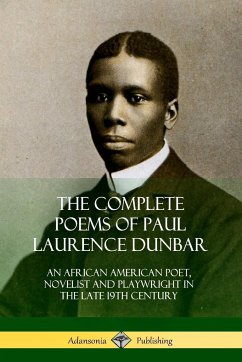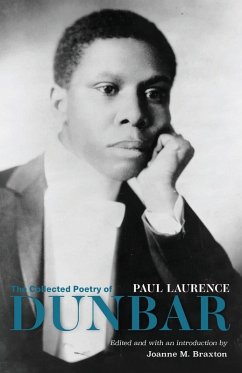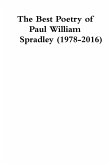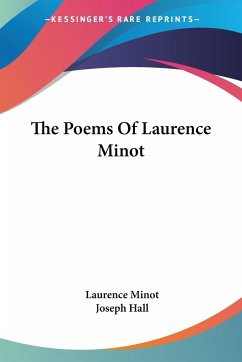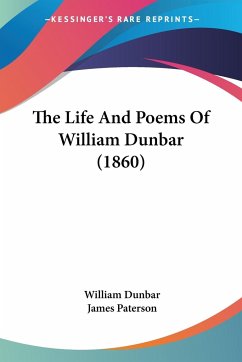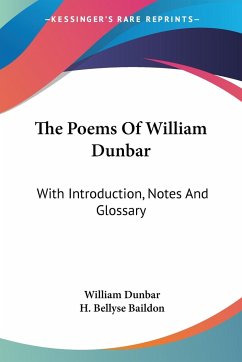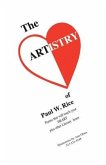This collection contains the complete poetic works of Paul Laurence Dunbar, who was among the first African Americans to gain wide renown for literature in the United States. A poet of unquestionable skill and ability, Paul Laurence Dunbar was the son of two former slaves. His father, who managed to escape slavery, was an early enlistee who fight for the Union army in the American Civil War - a fact which profoundly influenced his son's outlook upon the U.S. military and life as a citizen of the USA. The poetry of Dunbar shows his flair for observation and superb knack for smooth-flowing yet profound words. Noticing immediately how he could swiftly create and sell poems to popular magazines, the young Dunbar turned down offers for educational support and instead devoted his time and effort to writing. Uniquely, Dunbar would write poets in regional dialects, incorporating slang of both white and black Americans.
Hinweis: Dieser Artikel kann nur an eine deutsche Lieferadresse ausgeliefert werden.
Hinweis: Dieser Artikel kann nur an eine deutsche Lieferadresse ausgeliefert werden.

